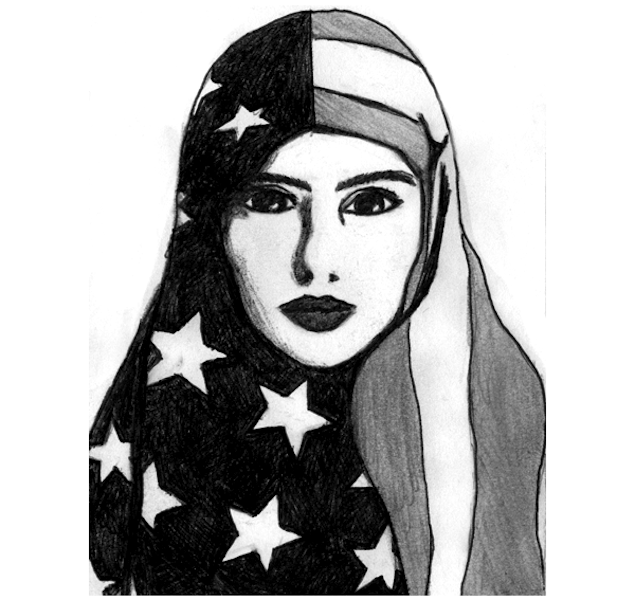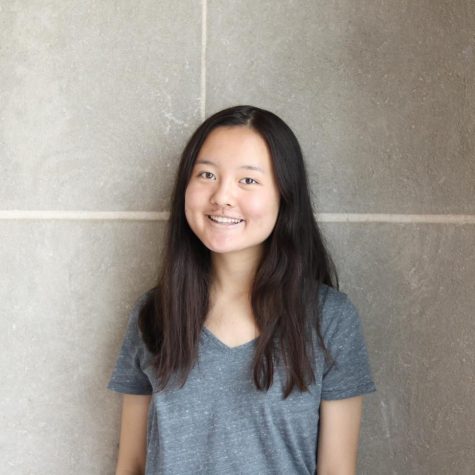Protests represent diversity in America
March 1, 2017
Living in America, it’s important to understand what makes us Americans. This role comes with 10 fundamental freedoms that define the nation we are living in today, the first of which played into the birth of the US: freedom of speech.
When we are engaged in nonviolent protests, we’re actually exercising this first freedom.
Abraham Lincoln once declared that our democracy is a government “of the people, by the people, for the people.” This includes letting the people’s voices be heard.
However, I’m not just talking about the democratic value of protests.
In fact, Quartz, a digital news outlet, cites a Harvard study, saying that “[Harvard’s] research shows that protest does not work because big crowds send a signal to policy-makers—rather, it’s because protests get people politically activated,” inspiring a new wave of political engagement.
Even violent protests are effective in bringing attention to issues dividing America. Take the Ferguson unrest in Missouri, for example, which was sparked by the shooting of an innocent black man by a police officer. In the end, a large series of controversial debates arose about not only the shooting, but also racial problems in our country.
Darlena Cunha writes in the TIME 2014 article “Ferguson Riots: In Defense of Rioting”, “[We] separate [protests] from our history as a nation, dehumanize the change agents because of their bad and sometimes violent decisions—because if we can separate the underlying racial tensions that clearly exist in our country […] we can continue to ignore the problem.”
What sometimes escapes us is that despite the seeming ugliness of protests, they will bring to light specific problems we would’ve happily looked over before.
Some may not realize that students can be a great part of protests as well, a good number of them organizing their own.
In 2016, the Wall Street Journal wrote that, “Hundreds of students walked out of D.C. public schools […] in a protest organized on social media […] objecting to the election of Donald Trump and sending a message of ‘unity’ from a diverse student body.”
The sole purpose of protests isn’t to motivate our politicians; it’s bigger than that. These protests can inspire the very people who make up our nation’s power: us. More often than not, high school students are part of these inspirations as well, using their first fundamental freedom to represent the diversity of America— and that’s a very crucial thing to do.








